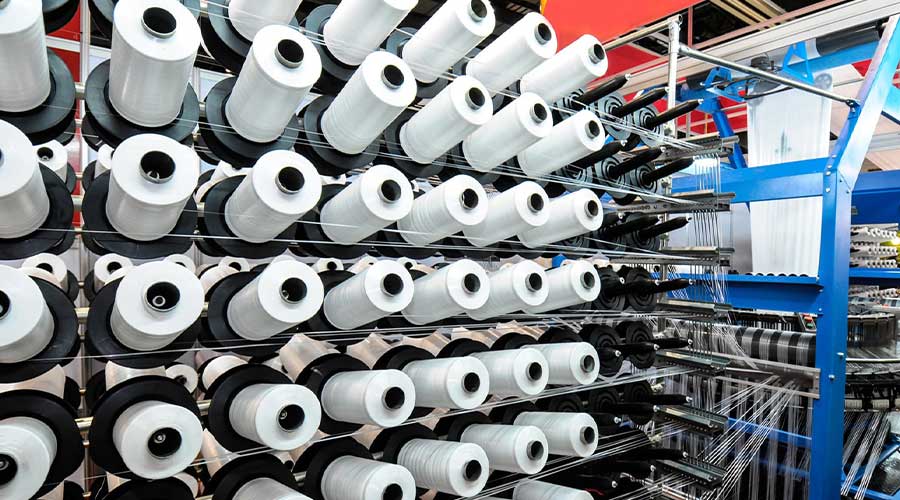The textile sector of Pakistan which suffered heavily from COVID-19 restrictions is fast returning to the growth phase as it is receiving orders from international brands like Hugo Boss, Guess, and Target.
All Pakistan Textile Mills Association Secretary-General Shahid Sattar told Bloomberg, “Pakistan has seen orders shifting from multiple nations, including China, India, and Bangladesh.”
He added, “Garment manufacturers are operating near-maximum capacity and many can’t take any orders for the next six months.”
According to a Bloomberg report, Pakistan’s outbound shipments recently grew at a faster pace than Bangladesh and India, with the textile sector leading the economic recovery. In September, the country saw exports grow by 7% compared to India’s 6% and Bangladesh’s 3.5%.
“Hugo Boss” focuses on long-term supplier partnerships for “additional or new procurement channels”, as per the statement of Hugo Boss told Bloomberg.
Whereas, Hanesbrands said it sources from many countries, including China and Pakistan, to supplement production from company-owned facilities.
Moreover, Pakistan tried its best to make ways for the new production amid the coronavirus crisis, the country’s one of the ways to earn foreign exchange was to produce face masks and protective gear for export when India and Bangladesh were in critical condition due to COVID-19 disruption.
Pakistan also received some orders from companies looking to diversify their supply chains amid the trade war between the US and China.
“This war between two giants has given us new opportunities in polyester-cotton products,” Nishat Mills Ltd’s Khalid Mehmood told Bloomberg. “So there is a six-month slot for Pakistan now to capture the maximum number of customers that were China-based.”
Furthermore, World Bank senior economist Gonzalo Varela told Bloomberg, “Despite a relatively rapid recovery of exports, following the ease of the lockdown imposed by the Covid-19 pandemic, a long-term view reveals stagnation.”
He added, “Pakistan needs an across the board tariff rationalization to encourage manufacturers to export and the nation to compete with other nations.”





















